European Beech Lumber
- August 7, 2023
- 0 comment
European Beech (Fagus sylvatica) stands as a highly sought-after hardwood species renowned for its remarkable versatility and widespread applications in the world of woodworking. With its fine, even texture and captivating color range from delicate pale cream to warm reddish-brown, the wood exudes a sense of elegance and sophistication that adds a touch of timeless charm to any finished piece.
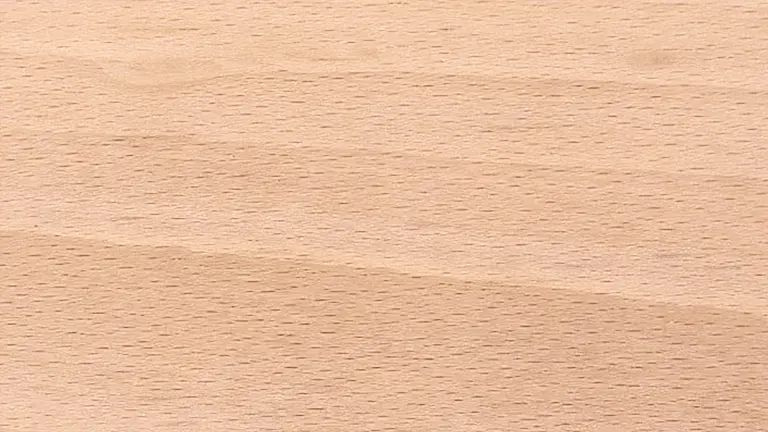
This aesthetic appeal, coupled with the wood’s exceptional workability, makes it a preferred choice for artisans and craftsmen seeking to bring their creative visions to life with precision and ease. Whether crafting intricate furniture, detailed cabinetry, or elegant flooring, European Beech’s inherent stability and durability ensure that the final product can withstand the test of time, becoming cherished heirlooms and enduring design elements in various interior spaces.
One of the standout qualities of European Beech lies in its sustainability, a crucial aspect in today’s environmentally conscious world. Through responsible forestry practices and management, the European Beech tree is cultivated and replenished, ensuring a continuous supply of this valuable resource without compromising the delicate balance of the ecosystem. As consumers and businesses seek eco-friendly alternatives, European Beech emerges as a conscientious option, allowing them to incorporate renewable and sustainable materials into their projects.
| Attribute | Description |
|---|---|
| Common Name(s) | European Beech |
| Scientific Name | Fagus sylvatica |
| Distribution | Europe |
| Tree Size | Height: 80-115 ft (24-35 m); Diameter: 2-3 ft (0.6-0.9 m) |
| Avg. Dried Weight | 45 lbs/ft^3 (720 kg/m^3) |
| Specific Gravity | 0.72-0.75 |
| Janka Hardness | 1,450 lbf (6,450 N) |
| Modulus of Rupture | 16,390 psi (113 MPa) |
| Elastic Modulus | 1,860,000 psi (12,820 MPa) |
| Crushing Strength | 7,300 psi (50 MPa) |
| Shrinkage | Radial: 4.8%, Tangential: 9.8%, Volumetric: 14.5% |
Characteristics
Color/Appearance
European Beech showcases a beautiful range of colors, from pale cream to pinkish-brown, often accentuated with darker streaks of brown or red. With time and exposure to light, the wood may subtly evolve, gaining a slightly golden or reddish hue, further enhancing its visual appeal.
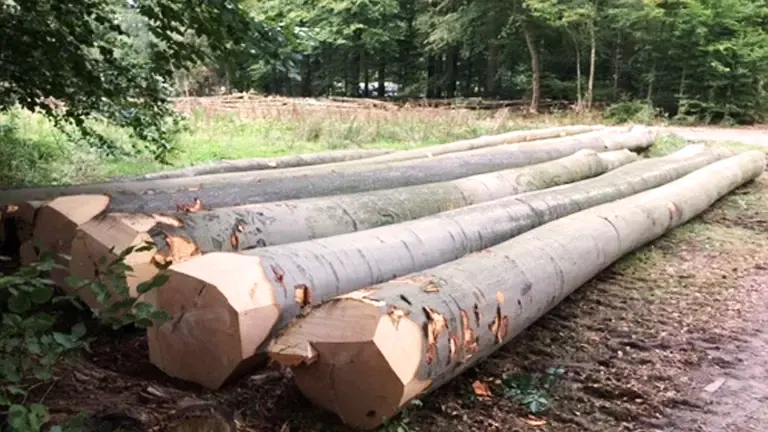
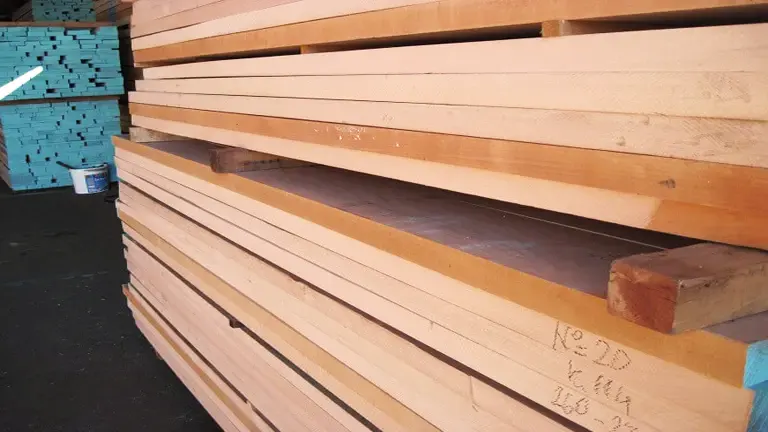
Grain/Texture
The wood of European Beech exhibits a fine and uniform texture, offering a smooth and elegant surface. While the grain is primarily straight, some boards may display a visually striking wavy or curly grain pattern, adding uniqueness to the wood’s appearance.
Rot Resistance
European Beech is not naturally resistant to decay and rot, making it vulnerable to fungal attacks in moist environments. Proper treatment and protective finishes are essential to safeguard the wood’s integrity and longevity.
Workability
One of European Beech’s standout features is its exceptional workability. It is a joy to work with both hand and machine tools, as it cuts, shapes, and carves with ease. The wood’s good machining properties make it a preferred choice for various woodworking projects. However, due to its hardness, it may have a slight blunting effect on cutting edges.
Odor
European Beech lacks any distinct odor or taste, making it well-suited for applications where odors might interfere with the desired product characteristics.
Allergies/Toxicity
European Beech does not have known allergenic properties. However, as with any woodworking activity, proper safety measures, such as using dust extraction systems and wearing protective gear, should be followed to minimize exposure to wood dust.
Pricing/Availability
European Beech is widely available in Europe and other parts of the world. Its moderate pricing places it in the mid-range for hardwood lumber, offering an attractive balance between affordability and quality.
Sustainability
European Beech is generally considered a sustainable choice for woodworking projects. With widespread cultivation and responsible forestry practices across its native range, a steady supply of beech lumber can be ensured without causing significant environmental harm.
Common Uses
European Beech finds extensive use in various applications due to its excellent properties. It is commonly employed in furniture making, cabinetry, millwork, and flooring, thanks to its remarkable workability and pleasing appearance. Additionally, European Beech is used for turning, toys, tool handles, and other specialty items, showcasing its versatility across a wide range of woodworking projects.
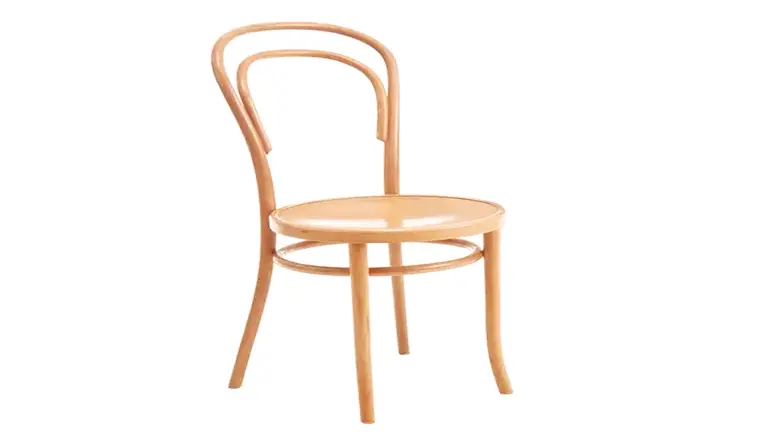
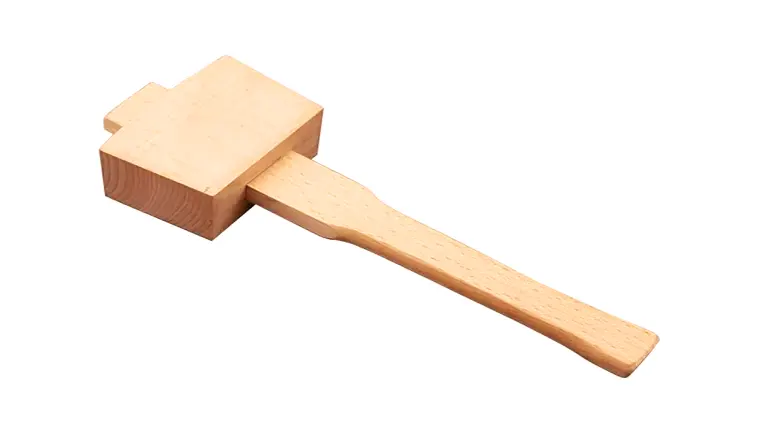
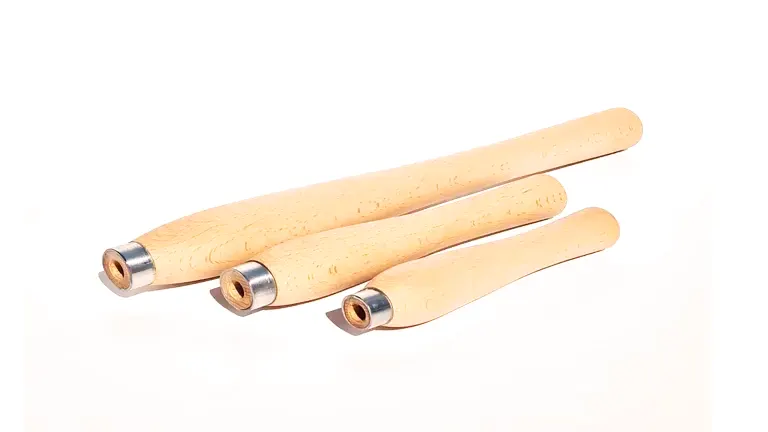
Frequently Asked Question
- Is European Beech a hardwood?
Yes, European Beech is a deciduous hardwood species. - Does European Beech wood change color over time?
Yes, like many woods, European Beech may darken or develop a slightly warmer color as it ages. - Is European Beech suitable for outdoor use?
No, European Beech is not naturally resistant to decay and should be kept indoors or adequately protected if used outdoors. - Can European Beech be stained?
Yes, European Beech takes stain well and can be easily stained to achieve various colors. - Is it safe to work with European Beech?
Yes, it is generally safe to work with European Beech, but like any woodworking activity, proper safety measures should be followed to minimize exposure to wood dust. - How does European Beech compare to American Beech?
European Beech is generally harder, heavier, and has a finer texture compared to American Beech (Fagus grandifolia). - Is European Beech a sustainable choice?
Yes, European Beech is considered sustainable due to responsible forestry practices and its widespread cultivation.
We’d greatly appreciate your input! Please feel free to share your personal experiences and thoughts about European Beech Lumber in the comments section below. Your insights have the potential to assist fellow enthusiasts in making well-informed choices!


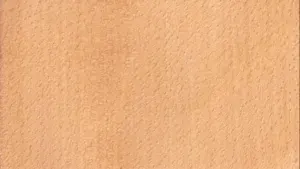
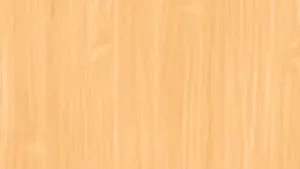
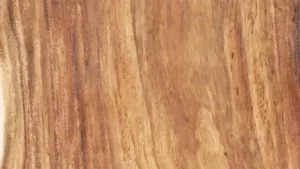
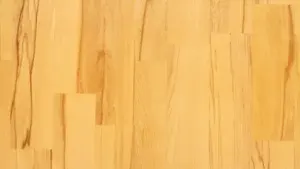
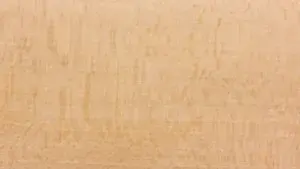
Leave your comment